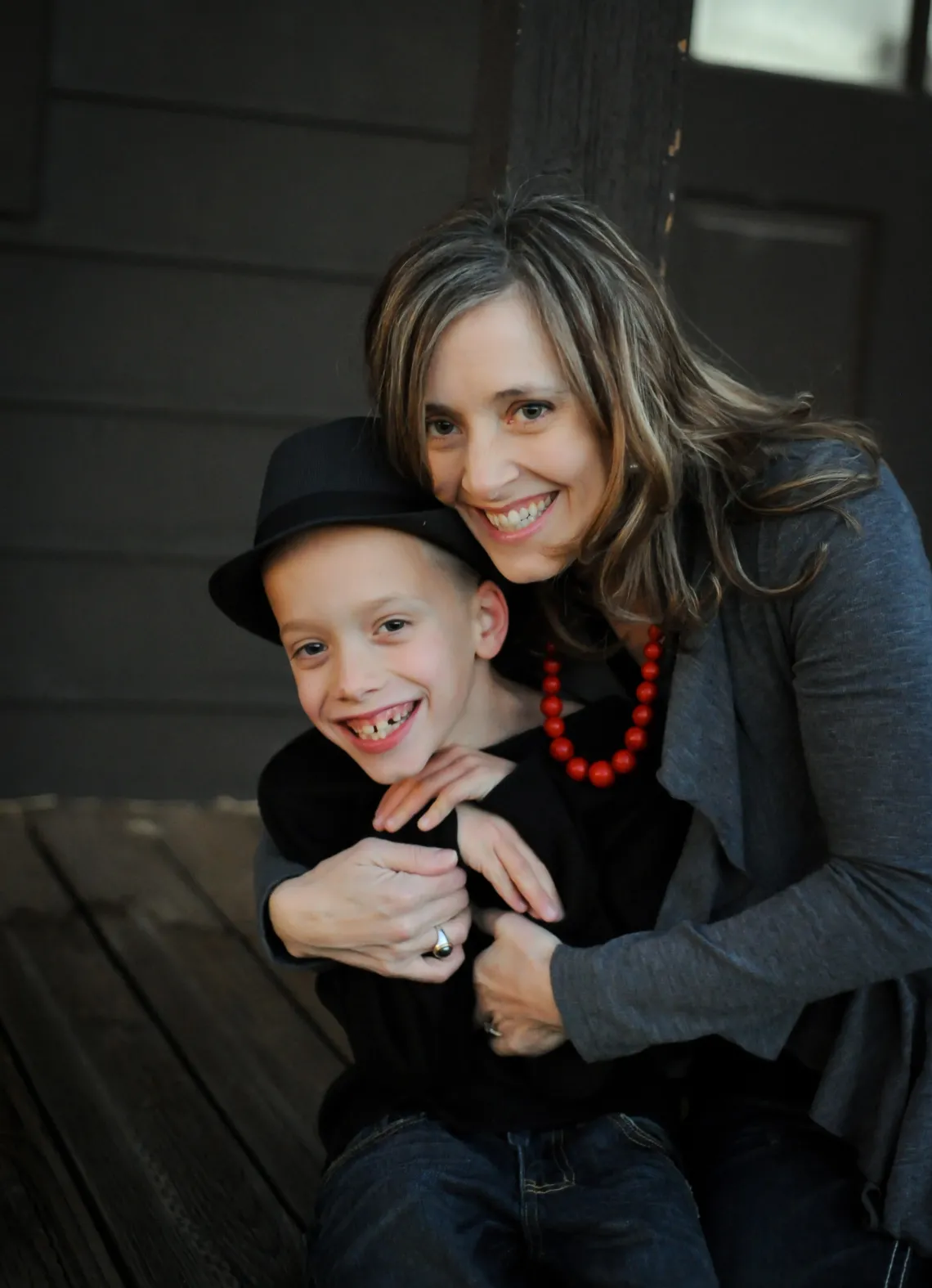The CACTI Blog: My Son-Inspired Research

By Dr. Rebecca Hartzell, ArizonaLEND Trainee Guest blog for #AutismAcceptance Month
I came to research as a mom. I would use my three hours of “shopping time” on Saturdays to sit in a café and read everything I could find about Autism. One of my triplet sons was diagnosed just a few months before, and I felt woefully unprepared to be his mother. He deserved someone that would help him to be the very best version of him, and I knew very little about autism. I would later enroll in a Master’s program at the University of Arizona in Special Education. As part of that program, I took every class available on autism – from UA, ASU, and NAU. It was a time of great learning, and I wanted all the information I could find. My learning would eventually lead me to research.
While completing my final semester of my Master’s, I was student teaching at the Early Intervention preschool at my triplets’ school. This allowed me to check in on my son during lunch. He was always sitting by himself in the lunchroom. His brothers would be sitting at the lunch table talking to peers, and my son with autism was always seated at the very end of the table, next to the trash can. I made it a habit to watch him every day at lunch. In the six weeks I checked on him, he was always seated apart from his class, next to the trash can, by himself.
I began to get furious. He had minutes on his IEP for social skills instruction, but in the six weeks that I watched him, I never once saw him interact with a peer. Surely the social skills instruction he was given would generalize to the lunchroom – one of the few opportunities he had during the day to socialize? I lamented to my Master’s advisor that something needed to change – they should teach him in the environment in which he needed to be social. My advisor wisely explained, “They won’t do that unless you prove it works.”
I began my first study three months later. A doctoral student and I went into a lunchroom, and began prompting two children with Autism Spectrum Disorder (ASD) and one child with Down Syndrome to socialize with their peers. We taught them lessons a few minutes before lunch on the skill we felt they needed to improve, and then we verbally prompted them to talk with their peers once every minute throughout lunch. This increased their social engagement greatly, and I was elated to see these skills transferred to the recess setting, without the prompting provided.
Since that time, we have conducted the same basic intervention (with a few tweaks each time) with students with Emotional Behavioral Disorder (EBD), a student with selective mutism, students with EBD and ASD at the middle school level, and three students with ASD at the high school level. Finally, we investigated the need of the social skills lessons with four students with ASD, and found that the lessons did not affect the social engagement with students with ASD, that only the prompting had an effect on their social engagement. Additionally, at the middle and high school level, we initiated the prompting procedure with peer mediators rather than the adults. The results have consistently improved the social engagement of students with ASD and EBD at the elementary, middle and high school level.
I have many more research studies I hope to conduct. There is so much more I want to know about social skills and children with autism. Knowing that what I learn through research affects children like my son, motivates me to continue investigating the best ways to teach social behavior in children with autism. And, as I reflect on my own role as a researcher, I find myself feeling immense gratitude for the researchers that have come before me that discovered what we know about autism today, because it has helped me to be a better mother to my son.
The CACTI Blog features the voices of our interdisciplinary trainees and Community Advisory Council members as they highlight diverse images of people with disabilities and provide community information and advocacy on disability issues. Check Out The CACTI Blog
